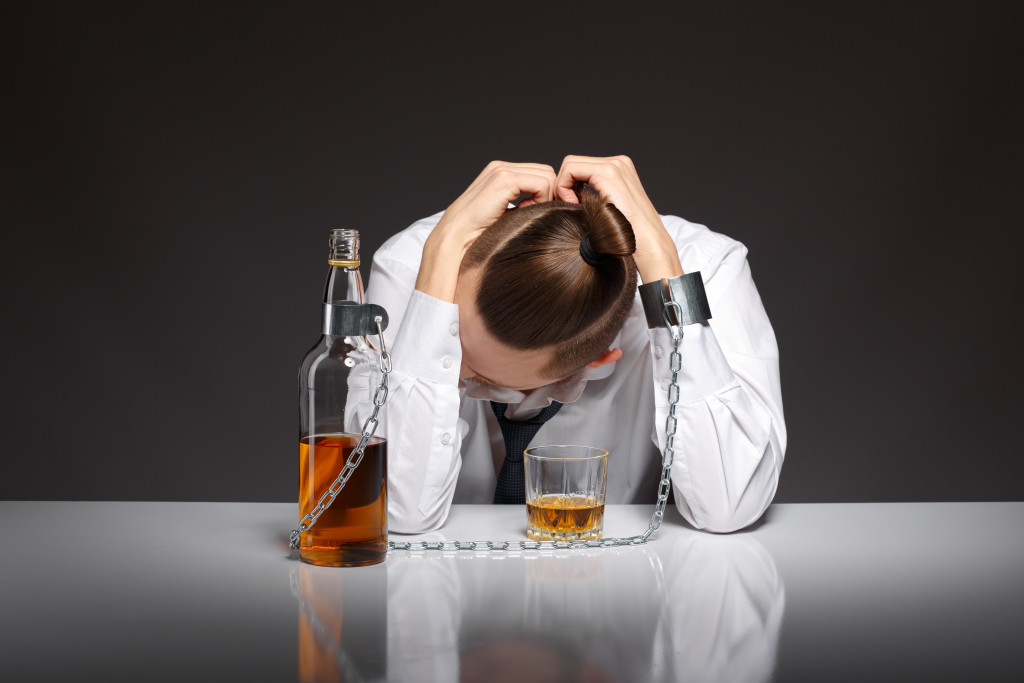There are so many misconceptions surrounding recovery from addiction to substance abuse and certain behaviors—many of which have contributed to the discrimination of those who are recovering. Thankfully, the world grows more open-minded about our differences and all the ways certain mental conditions and trauma can affect people. There is also a new understanding for those who suffer from different kinds of addictions.
Whether you’re a survivor or a caretaker, you need to know some facts about addiction and recovery. Here are some of them.
Addiction is not just about the substance
We might have known or seen someone recovering from substances or checking into a drug treatment recovery center. With this, we often think about how they are hooked on drugs, alcohol, cigarettes, or other harmful substances.
However, addiction can also involve behaviors, such as gambling, compulsive spending, sexual addiction, and others. Brain image research found that behavioral addiction can be just as harmful as addiction to alcohol and drugs. Often those who struggle with substance abuse will also struggle with other types of behavioral addictions.
Therefore, we can conclude that if people are genetically predisposed towards addiction, it’s not just alcohol and drugs that they can be hooked on, and all these struggles can blur together. Assuming that people can only be addicted to substances is reductive and downplaying the real physiological, systematic, and relational factors contributing to the addiction.
It is not enough to go on a detox
Many people who struggle think that simply eliminating their object of addiction, or doing a detox from it, is enough to completely heal and recover from it. While going cold turkey or removing our temptations is a big step towards sobriety, it’s not the only step and the end-all and be-all of recovery. More often than not, those who suffer need professional help and support from people who love them.
No one chooses to be an addict

This is perhaps one of the most harmful misconceptions people have about addiction. It places sole blame on the sufferer, and the one in recovery puts themselves at risk for relapsing when they believe this lie. This is because when you think of addiction as a choice, you think that you can handle it through mere discipline and self-control. These two things are not enough to keep you sober for the rest of your life.
Addiction can be caused by various factors, from internal contributors such as genetics to external influences such as family life, upbringing, social status, social circles, and others. While some people can drink occasionally and do drugs recreationally without harming them, some are not as “lucky,” and willpower is not enough to be 100 percent sober. At the same time, thinking of addiction as a choice can contribute to the stigmatization of those who suffer.
Simply staying away from your drug of choice is not enough
Some of those in recovery believe that if they stay away from the drug or substance they’re most addicted to, then they will be OK. For example, they can stop doing harder substances but still do marijuana or drink occasionally. This is one of the biggest ways those in recovery can sabotage themselves because it only gets rid of the problems on the surface.
It fails to address the root cause: the need to escape loneliness, boredom, pain, and the self-destructive space that we tend to live in. Instead of running to healthy means to cope, we still reach for the bottle or “less harmful” substances to give us comfort, and it’s not helping our recovery at all.
Relapsing does not mean you failed
If someone in recovery slips, it doesn’t mean they have failed or their treatment plan does not work. It just means they need to get back to communicating with their physician, sober companions, and support system. They also need to come up with new strategies to facilitate their recovery. Relapse does not equal failure.
There is always hope for recovery
Addiction is a treatable disorder. With so many experts all over the world always at work to find new treatment plans, there is always hope for people who are struggling. We must bridge the gap and believe in the best in people. We should also support researchers at the forefront of this humanitarian issue and invest in our capacity to heal ourselves and others through healthy relationships. With that, recovery is always possible. The road to healing may be long and complex, but the goal is worth it.

